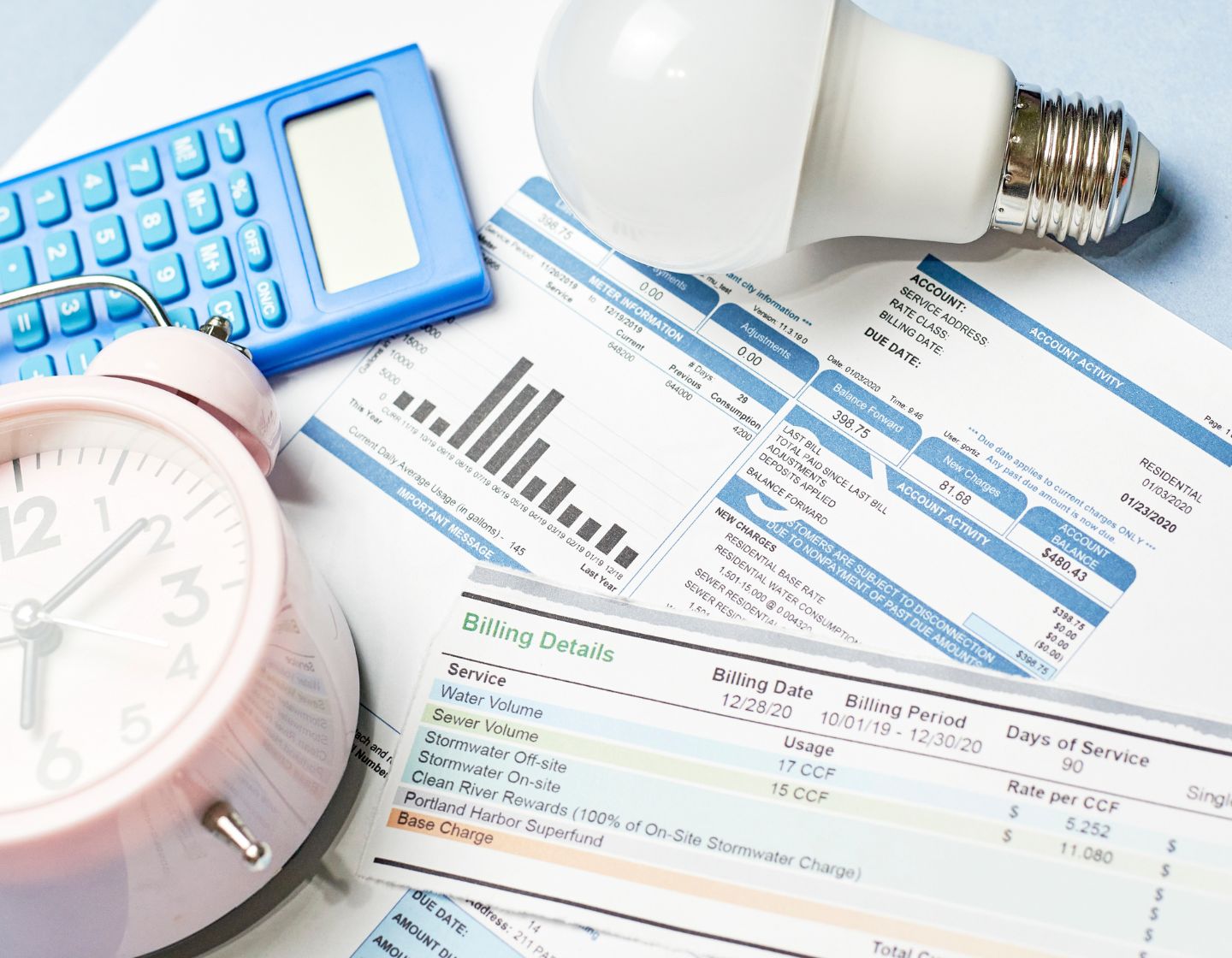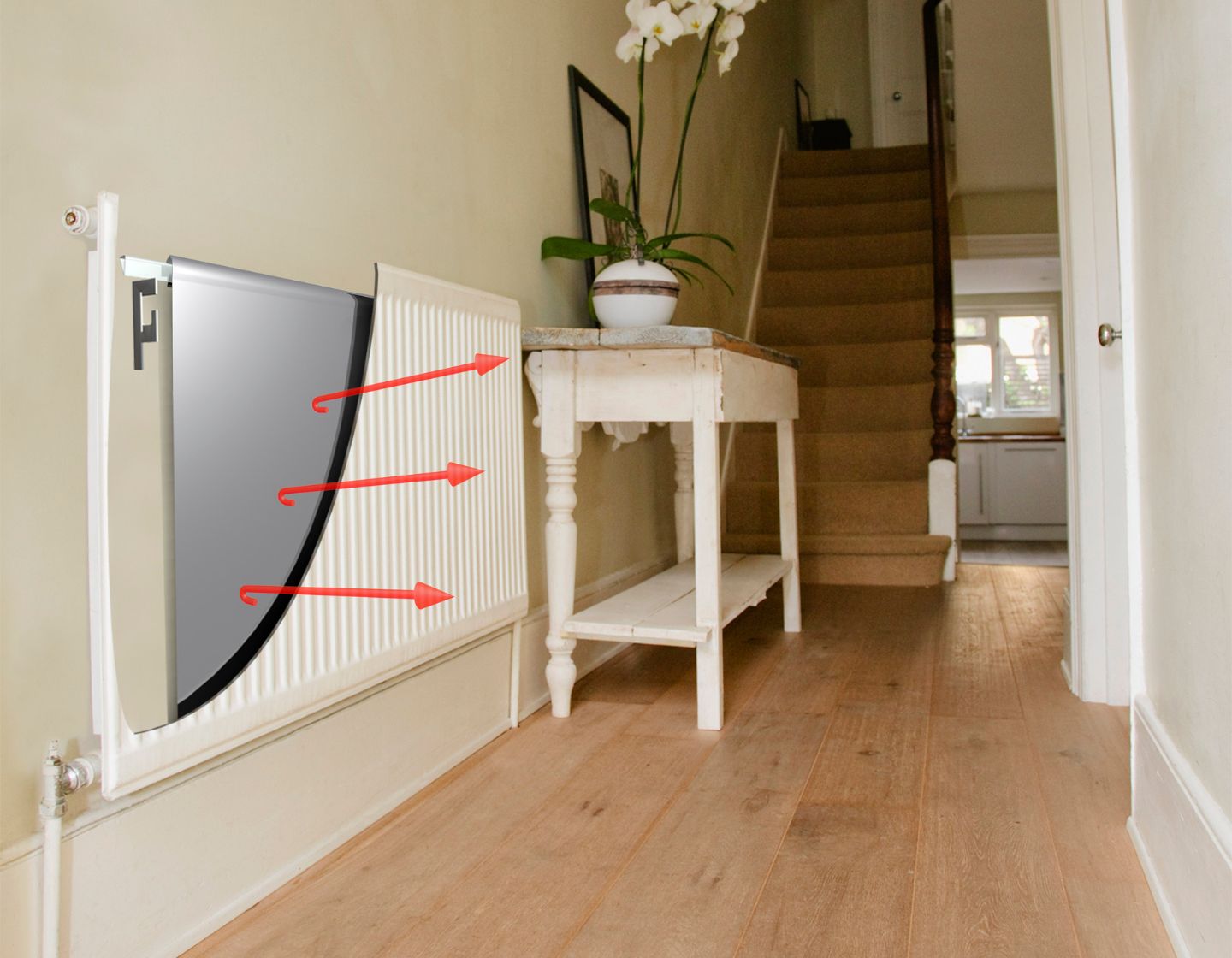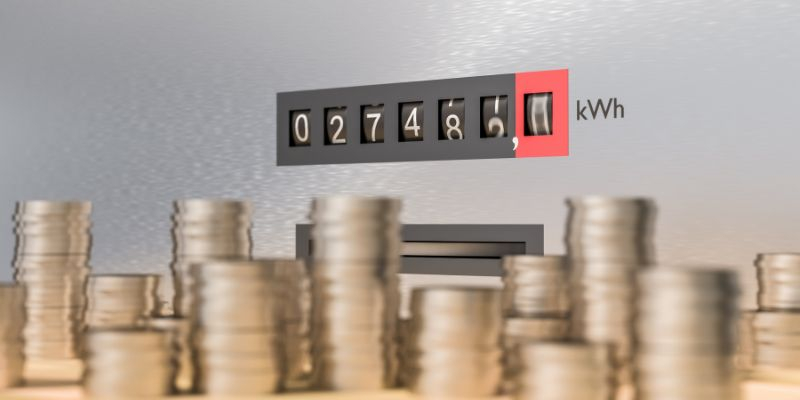Energy Price Guarantee extension gives us a short time to reduce usage
UK households will welcome the continued help with energy bills in the Spring Budget but we all still face huge challenges.
It had been widely leaked that Chancellor Jeremy Hunt has had a change of heart and he did bow to pressure for a 3-month extension to the Energy Price Guarantee (EPG) until July, fixed at £2500, rather than raising it to £3000.
The Chancellor had been hoping to save £14 billion with the planned move. The EPP itself is set to run until the end of March next year.
The charity National Energy Action (NEA) predicted that with no action, the number of fuel-poor households will rise from 6.7 million to 8.4 million from April – approaching double the 4.5 million households in this position in October 2021.
Rocketing gas and electricity bills
In these strange times, the fact that household energy bills will not be more than £2500 a year up to June under the scheme seems like a gift, but the cold reality is that we are all struggling with electricity and gas prices that have rocketed in the past year.
Electricity prices in the UK rose by 66.7% and gas prices by 129.4% in the 12 months to January 2023, and were some of the main drivers of the annual inflation rate, according to the Office for National Statistics.
Almost 6 in 10 adults are using less fuel in their homes because of the rising cost of living while the government defines ‘typical’ annual levels of consumption of 2,900 kWh for electricity and 12,000 kWh for gas.
Household energy bills increased by 54% in April 2022 and were due to increase by a further 80% in October. The EPG introduction prevented that massive increase.

Crazy energy markets
Looking back a few months to those scary weeks when the energy markets went crazy, we welcomed the EPG in October which helped reduce pressure on energy bills. Without the scheme to limit prices, a typical household’s gas and electricity bill would have risen to £4,279 a year from January under the energy price cap set by Ofgem, the industry regulator.
The price cap is reviewed and reset every 3 months and the hope is that the extension will allow time for prices to start falling in the summer, and so average household energy bills will stay below the £3000 cap expected in June.
We are in another world from just 2 years ago, when average household electricity bills were £760 and gas bills £575, according to government figures.
There is some hope that energy bills will drop a little later in the year, with wholesale gas and electricity prices falling substantially from their peaks in November. It takes time for these market moves to migrate through to monthly domestic bills.
Era of cheap energy has ended
Whatever changes we see, it’s a hard fact that the era of cheap energy has well and truly ended. That means we need to do everything we can to limit our electricity and gas consumption. And we also need to remember that the final part of the £400 households receive in energy support was paid this month.

How to cut energy use
SaveMoneyCutCarbon is here to help with proven products, tips and advice. We’ve been providing energy-saving product and solutions for over a decade and our customers have saved nearly 32,000,000 kilowatt hours (kWh) of electricity.
Our Home app is a free tool to help you reduce energy, water, plastic and carbon all while saving you money. You can find sustainable swaps at your fingertips along with a library of articles to help you cut consumption and lead a more sustainable life.
Lighting is the first place to look for savings. Energy-efficient LED lights have been around for over a decade but amazingly, most UK households are still using bulbs and fittings that are energy-guzzlers.
According to one of our partners, Signify (formerly Philips) a UK home on average, has 15 halogen bulbs on for 3 hours each day. By converting to LED, UK households could save a combined £1.24 billion due to the significantly lower running costs LED lights come with.
LED lamps and bulbs use up to 80% less energy than traditional lighting and you can find high-quality replacements for all kinds of fitting, from GU10 to E27, E14 and bayonet for example. We make it easy to find what you need and it’s a cheap, quick and effective way to permanently reduce your energy use.

Control heating costs
There are also loads of ways to keep control of heating costs. We have affordable ways to keep your house warm and energy bills low – and reduce your carbon footprint at the same time.
For example, Radflek radiator reflector foil sheets are one easiest and most cost-effective ways to save energy in your home. The foil sheets reflect 95% of the wasted heat energy from the rear of your radiators back into your room. Radflek helps to lower your energy bills – you can get and keep your room to the desired temperature quicker by reflecting the heat that’s usually wasted
Designed to last and take with you if you move, each sheet has a coating to prevent oxidation and preserve reflectivity. Quick and easy to fit yourself, Radflek hangs from the wall brackets behind the radiator and is invisible once fitted.
We also have simple and cost-effective solutions to minimise heat lost through doors, windows and chimneys.

And choosing the most energy-efficient appliances, built to last, is another clear way to keep control of electricity (and water) bills. We offer a full range of washing machines, tumble dryers, fridges, freezers and dishwashers.


